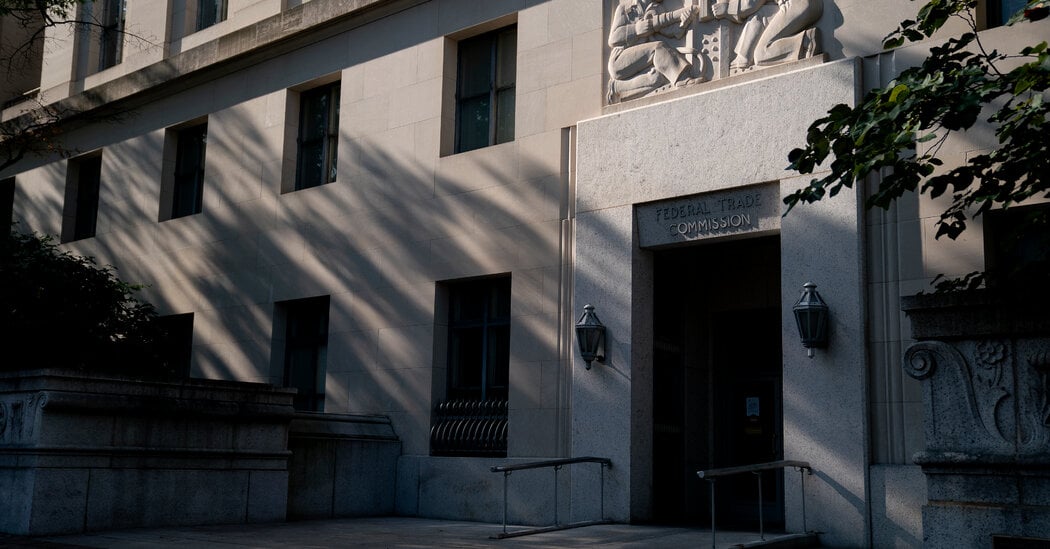- cross-posted to:
- usa@lemmy.ml
- cross-posted to:
- usa@lemmy.ml
Jonathan Braun, whose sentence for drug smuggling was commuted in the final hours of the Trump presidency, was fined over separate accusations that he bilked and threatened borrowers.
When President Donald J. Trump, in his final hours in the White House in early 2021, commuted a 10-year drug smuggling sentence being served by a New Yorker named Jonathan Braun, he made no mention of Mr. Braun’s many other legal problems.
Months earlier, the Federal Trade Commission and the New York State attorney general had filed suits against Mr. Braun saying he swindled and intimidated borrowers who had taken money from a network of predatory lenders he ran, charging usurious interest rates and making violent threats.
On Tuesday, a federal judge in New York imposed $20 million in fines on Mr. Braun after finding him liable for the accusations made by the trade commission. Judge Jed S. Rakoff of the Federal District Court in Manhattan excoriated Mr. Braun in the ruling, depicting him as a hardened, craven man who “gleefully, with little remorse,” boasted about his illegal conduct and treated it as a “laughing matter” as he threatened the business owners he gouged.



Here’s the theory: a justice system can never be perfect, especially when implemented on a large scale. There will always be legal outcomes that are fundamentally unjust. Efforts should be made to minimize such outcomes , but they will never be eliminated.
Presidential pardons are essentially a way to override the entire justice system in specific cases. With the understanding that even if all actors had good intent and we’re acting rationally the system would still result in unjust convictions, the power to recognize such injustice and summarily fix it is granted to the highest office in the land essentially with no oversight.
In a healthy democratic environment, it’s still an imperfect idea, but it sort of works. When the president wouldn’t dare use it to pardon his cronies or pardon obviously guilty people who did horrible things without remorse, then it mostly works. When the backlash for misusing the pardon power is being democratically crushed, then and only then it makes some sense.
I’m not saying it’s a perfect idea. Whether the presidential pardon power should exist is debatable at the best of times, and I could come up with counter arguments to everything I said above.
The real problem is this isn’t a healthy democratic environment. There’s a cult of personality around one man. He used pardon power to pardon his cronies, and a slew of utter dirtbags, and nobody who voted for him cares . He lost zero votes for that. The problem with pardons is just one of the avenues of rot caused by that phenomenon.
Instead of having a “King” that can override democratic institutions, the laws need to be changed to make sure the person is set free and also that it never happens again.
Obviously such systems can have benefits. It is far easier to push for (necessary) radical changes like we see in China. At the same time, everything depends on one person. History shows us that even the greatest leader at some point dies and their offspring hardly ever is as good, so the whole empire collapses. One big leader can also directly destroy an empire. Just look at what is happening to Russia. The USA are not at that point but also not too far off seeing how polarized most people are and what sort of bullshit propaganda many consume and buy into.